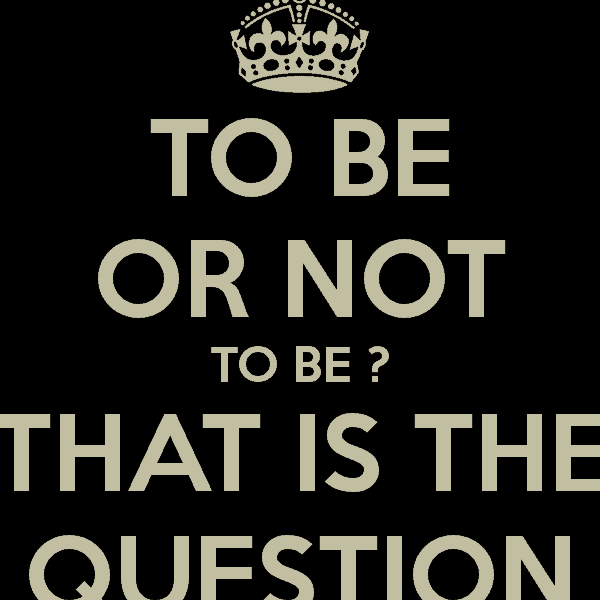Many institutions that have an exclusive operator (in a market where both preferred and exclusive operations are the norm) often wonder if the financial return would be greater if they had a preferred list of caterers. This is a big question that does not have a black or white answer. This blog will focus on giving you some ‘food for thought’ if this is something your organization is considering.
Below is a chart that outlines the main differentiators of an exclusive operator and a preferred vendor list. The chart clearly illustrates the differences between the two models and the expectations that come with each.
| Main Points | Preferred List | Exclusive Partner |
| Commission Returns | Moderate | Increased |
| Discounting for Internal Events | Moderate | Increased |
| Marketing Commitment | Moderate | Increased |
| Operational Involvement from the Venue Liaison | Increased | Moderate |
| Potential Investment in the Venue | Moderate | Increased |
| Variety of Price Points | Increased | Not Applicable |
| Wear and Tear on the Venue | Increased | Moderate |
*The chart assumes that the preferred list is limited in nature and does not exceed more than 4 caterers.
The primary argument for a preferred list is to allow clients the freedom to choose their vendor. In theory, having a variety of caterers offers clients the ability to select from varying price points and styles. However, many caterers are working hard to offer tiered menu options so that they can appeal to a more diverse audience. Typically, caterers are very interested in securing exclusive venues as it provides consistent business for their company. Below are the top six reasons a venue might consider an exclusive model:
- Investment – A caterer is more likely to invest in a project that ensures their exclusivity.
- Internal Pricing Structure – Exclusive arrangements often include pricing consideration for internal events.
- Commission Return – An exclusive caterer will provide a stronger commission offer on food and beverage sales to an exclusive partner.
- Our Organization Wants a Café or Restaurant – Most cultural café or restaurants are purely an amenity and are not profit generators. Typically, an operator is more interested in managing a retail outlet when catering is guaranteed.
- Less Wear and tear on the Venue & Staff – If the caterer is in the building all of the timer, they know the ropes!
- Marketing Power – A caterer will work hard to promote your venue to potential clients if they are exclusive. (Why should they promote the venue for other caterers to get the work!
Deciding to go exclusive or preferred is a decision that is embedded in the larger goals of the institution. How important is increasing earned income to the organization? Is an amenity café an important element of your future vision?
Either way, utilizing your venue for external events and collecting commissions on food and beverage sales (from one or more caterers) is a powerful tool for increasing earned income.
If you would like to learn more about this topic as it relates to your organization, please email info@jglconsultants.com for a complimentary consultation.

